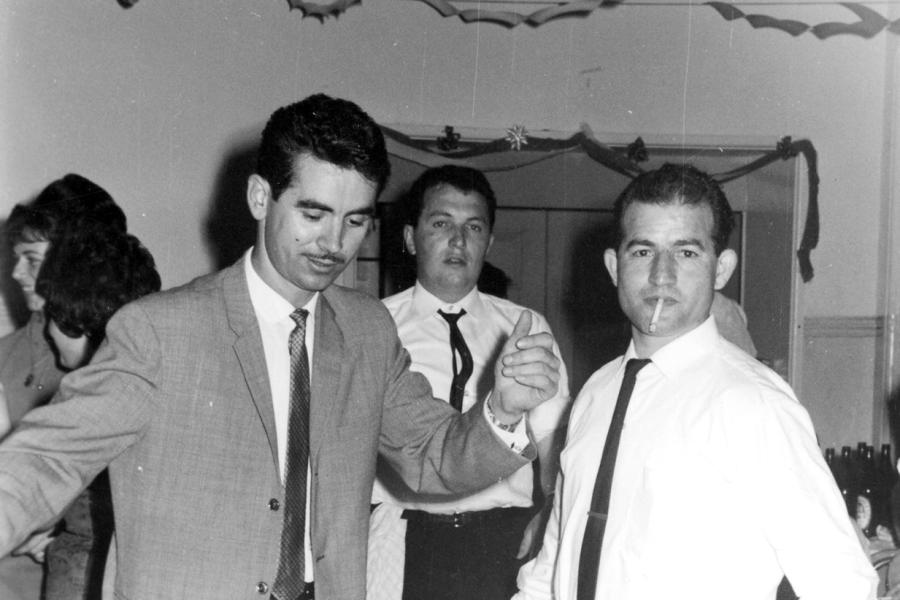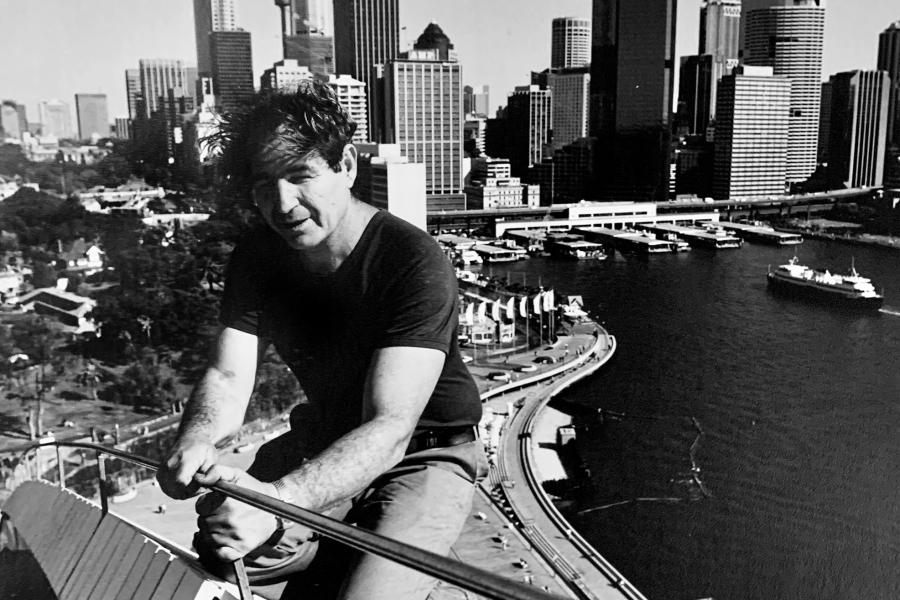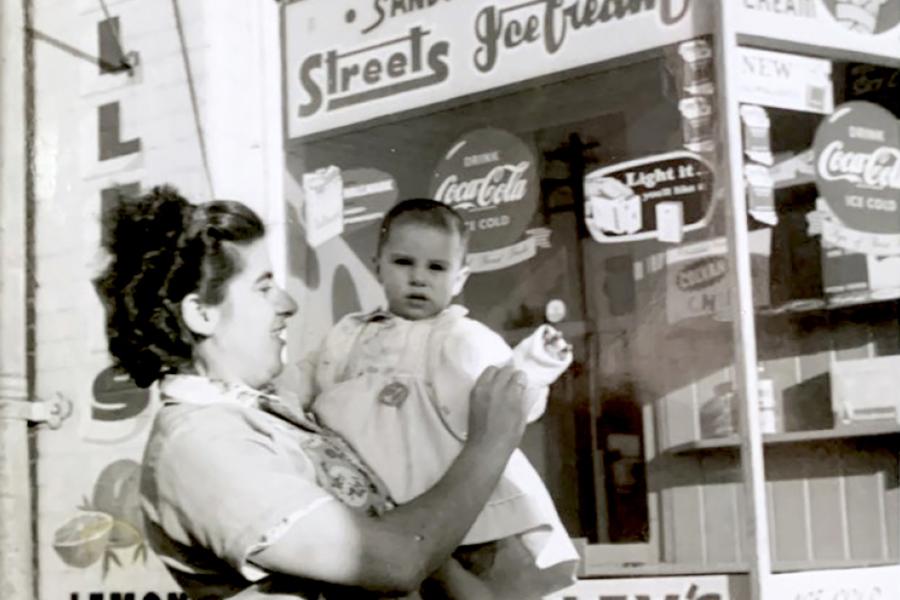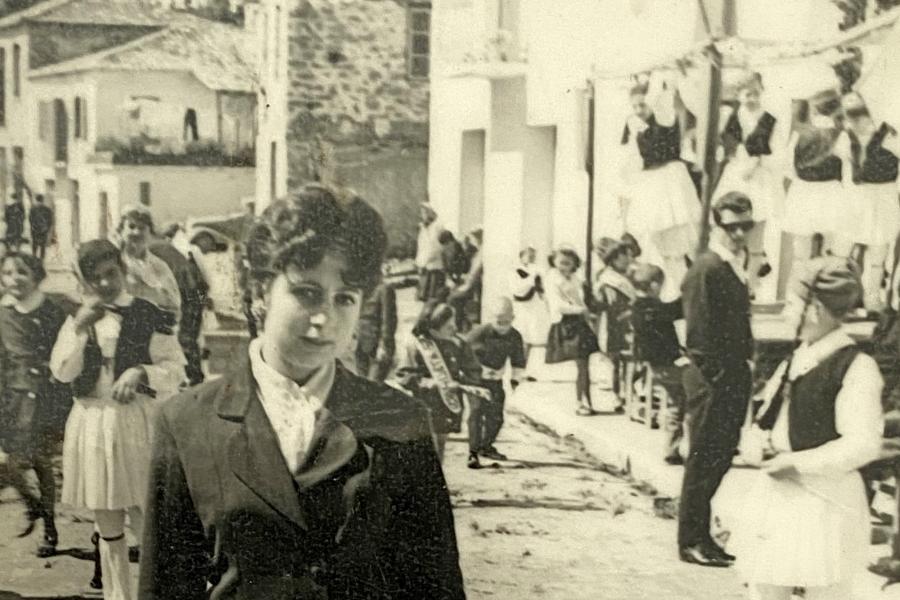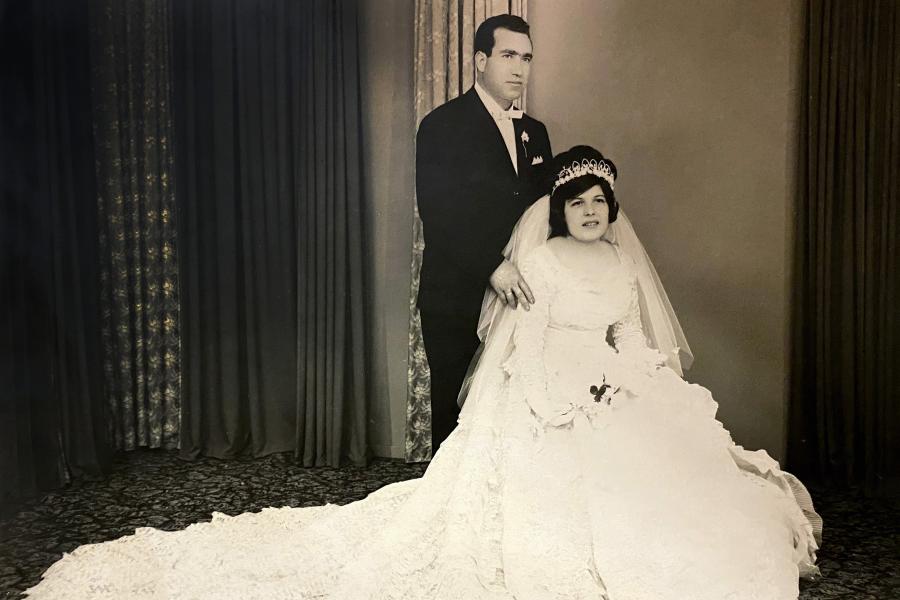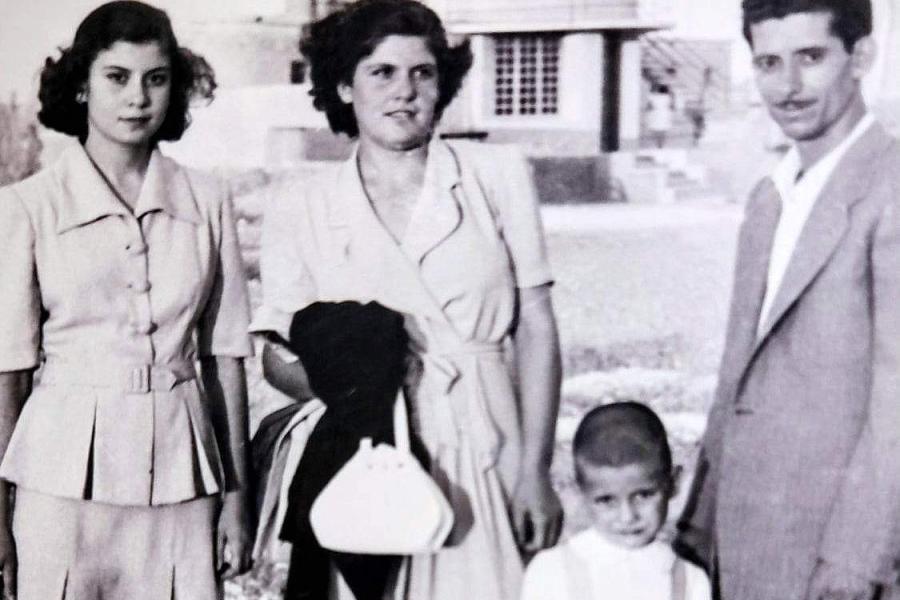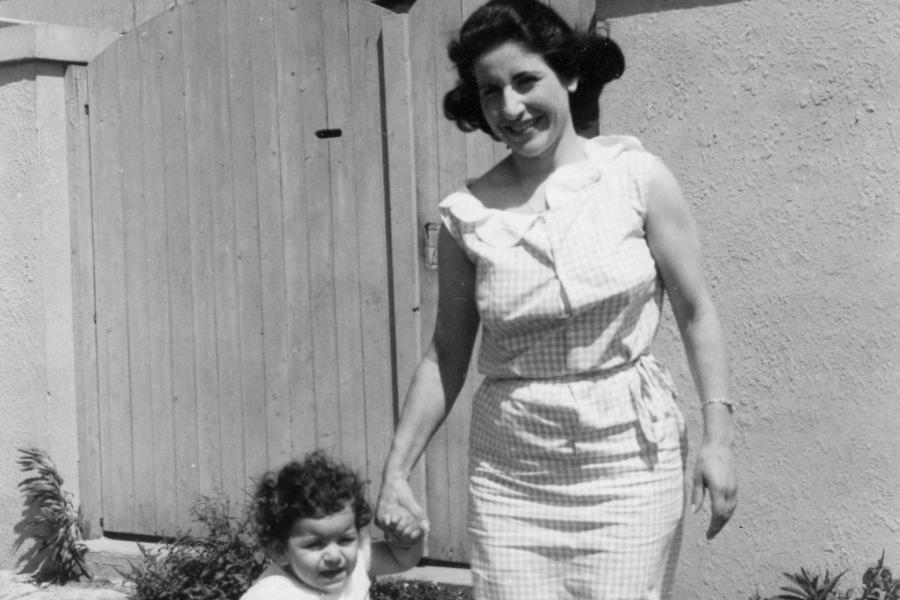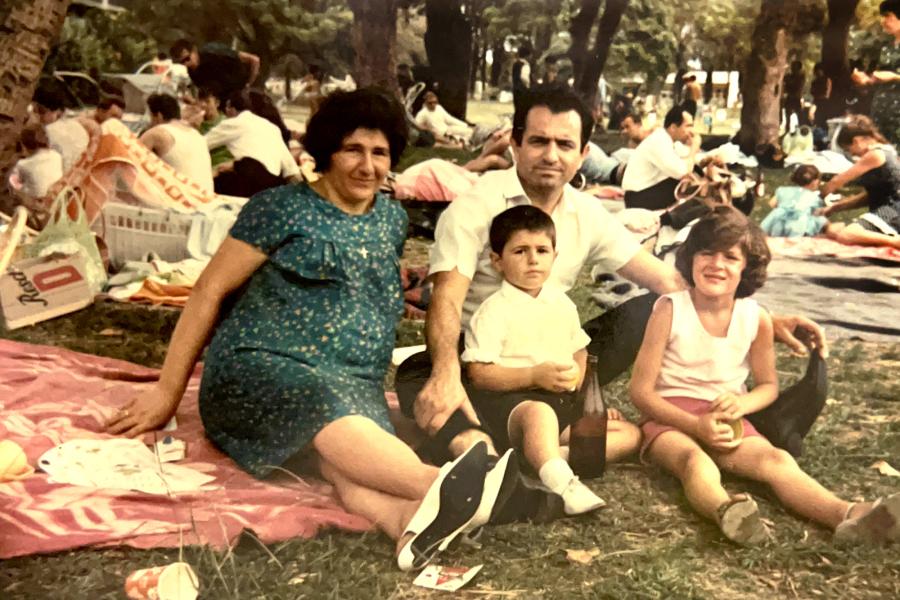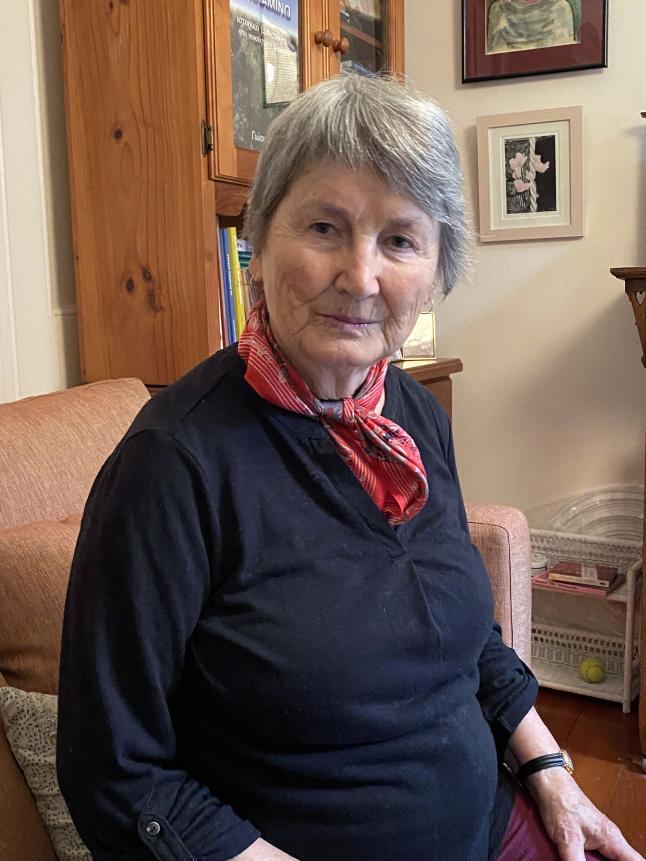

Speaker background
Yota was born in Kerastari, Arcadia, Greece in 1937 and migrated to Australia on the last trip of the ship Toscana in 1959. She completed high school studies at Sydney Evening College and graduated from the University of Sydney with a Bachelor of Arts and a Diploma of Education. For many years, she worked creating resources for teachers and was also a member of the Modern Greek HSC Marking Committee. She is an author and poet, and her published works include an educational series «ΚΟΝΤΑ ΣΤΗ ΓΛΩΣΣΑ», bilingual poetry books Triptych and Falling Stars. She translated into Greek the novelisation of the script for the groundbreaking Australian television series Women of the Sun. Her novels are Katavoles, Kyparissomilo and Kyklamino, the three parts of the Pathways to Freedom trilogy. She has also written a play, Christina’s Case, based on the 'Greek Conspiracy' cases of the 1970s and 1980s.
Interview summary
Yota discusses her early life as a child in a hostile patriarchal society during the war years, her lack of choice about coming to Australia and the difficulties of adapting to her family’s expectations, once here. She also reflects on her efforts to continue her studies and her life as a writer and teacher.
Interview highlights
highlight
Yota explains the attitude to girls in the family, in her hometown, in Greece.
We were six children. My mother used to say that God gave her two children. She meant, two boys. Four others were girls. She’d say that we were “unregistered papers”. In those days, women were not registered in the family registers, and we would have never known how old our mother was. Normally, neither would she. But by chance she was born in . . . a dark year, when the war broke out in 1897. Her father did not become a soldier as he was a ‘polyteknos’ (a father of many children) . . . I was the last child of the family, the catastrophe. The last child, a girl!
Timecode 01:56 - 02:50
highlight
Yota explains her family’s objections to her marrying an Anglo-Australian man.
Yota: I met Dennis Kevans at the Teacher’s Federation . . . I had a problem with my family because I attended evening college. I worked at the factory all day. The evening college started at 6 and finished at 9. By the time I went to Marrickville, I’d get there at 10pm. All my family and friends were concerned at the time. A young woman going around at those times. I had lots of problems. I had great pressure. My brother did not want to know. He treated me terribly, and I was trying to find a way out. And Dennis Kevans was the way out. . . In 1964, I was around 25.
Interviewer: Did your family want you to marry him?
Yota: Naturally, no. I was totally rebellious by then. I had read Simone de Beauvoir. I had externalised this oppression. I was not the only woman that was oppressed, and so I would see the Feminist movement and all that helped me in some way, I would say. I got into that ideology where we thought there would be some revolution and the world would change. Somewhat naïve, looking back now at all these activities. Anyway, with Dennis I was very rebellious. I had two sisters who were not at all [rebellious]. My other sister in Australia was married-off by force to an idiot, and she was very unhappy. The other was in a similar situation in Greece. You could see in their marriages that they were desperately unhappy, and I would say, “There is no way I want to marry”. But I could not go and just live with Dennis, either. The other one, my brother, would have killed me to protect his honour. [...] And so, I did the right thing. I took him home and I told them, “I will marry this man”. We organised to go to the Registry Office and my family could attend. It caused a rebellion. They took me to a room and said, “What are these things you are doing? You had proposals by young men, a priest’s son!” But they could not change my mind. Then they said that you must marry in a Church. But I refused [...] I left by myself, and we went to the Registry Office.
Timecode 27:12 - 31:09
